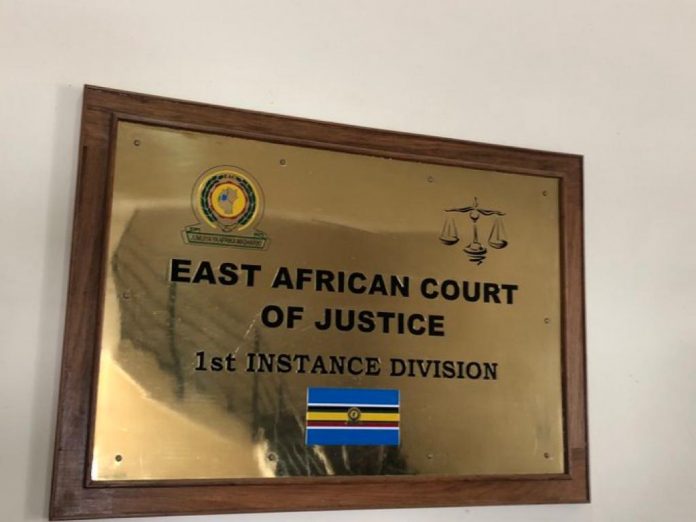
The East African Court of Justice (EACJ) outgoing president Dr. Emmanuel Ugirashebuja while addressing the media practitioners virtually after his seven years tenure said that the court needed autonomy and consideration of gender balance to make the EAC organ a success.
“It is very possible that the finances can be controlled by someone who wants to influence the work of court so that’s where it is important as any court to have autonomy in terms of finances and administration,” said the outgoing court president.
The East African Court of Justice and the East African Legislative Assembly are the two organs of the East African Community which are seeking for autonomy as recruitment and finance is managed by the secretariat.
If both organs becomes independent as much as the budget will be prepared by the secretariat, it will not be subjected to make requisitions for the organ’s programs and activities as EALA and EACJ will be self-accounting.
The Secretary General of EAC earlier on said that the matter was being considered by both EAC secretariat and the council of ministers because they are still limited by the treaty and the EAC rules and Regulations.
If the move sail through it will reduce the backlogs on the side of SG’s office to create efficiency in the operations of the two organs.
As Ugirashebuja’s seven year term came to an end last month, he called on the community to consider gender balance while nominating the court’s judges.
“I do believe that this court is male dominated we had ten judges and only one was female…so during my tenure we had two female judges out of 11 so I think its high time to ensure that there is gender balance.”
The East African Court of justice had received high profile cases from member states including the case filed by the civil society organizations against Burundi’s former late president Pierre Nkurunziza’s move to run for another term in the office.
The court ruled in favor of the Burundi’s late president citing that the move did not violate the country’s then constitution and was eligible to run in the 2015 presidential elections.
Despite having increased number of cases at the EACJ, the court said that lack of enough funds hampered the court activities for the past seven years.
“If we get all the $4 million as passed by the budget then we can be able to achieve a lot as a court but we have been receiving a maximum of 60% of the budget which sometimes hinder the work of the court,” said the outgoing court president.
